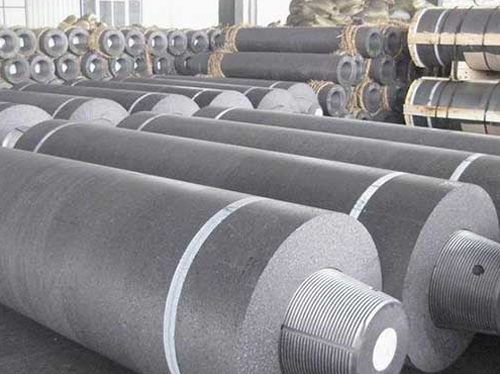
Graphite electrodes offer several environmental benefits compared to conventional electrodes made of materials like carbon or copper. Some of these benefits include:
Reduced energy consumption: Graphite electrodes have lower electrical resistance compared to other materials, which means they require less energy to generate the high temperatures needed for various industrial processes. This can lead to significant energy savings and lower greenhouse gas emissions associated with electricity generation.
Reduced emissions: Graphite electrodes produce fewer harmful emissions compared to other electrode materials. For example, copper electrodes can release toxic gases like nitrous oxide and carbon monoxide during operation, while graphite electrodes have a much lower environmental impact.
Longer lifespan: Graphite electrodes have a longer lifespan compared to other electrode materials, which means they need to be replaced less frequently. This reduces the amount of waste generated and the environmental impact of electrode production and disposal.
Recycling potential: Graphite electrodes are easily recyclable, with the potential to be reused multiple times after being refurbished. This helps to conserve natural resources and reduce the environmental impact of electrode manufacturing.
Reduced raw material consumption: Graphite electrodes are typically made from petroleum coke or pitch, which are byproducts of the oil refining process. By using these materials to produce electrodes, manufacturers can reduce the consumption of virgin raw materials and decrease the environmental impact of electrode production.
